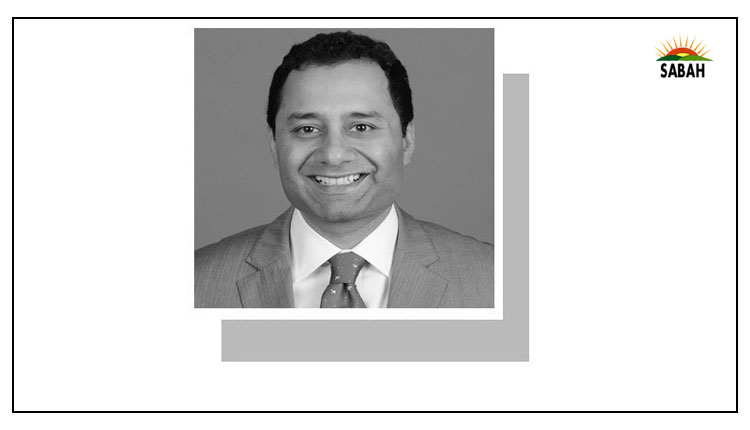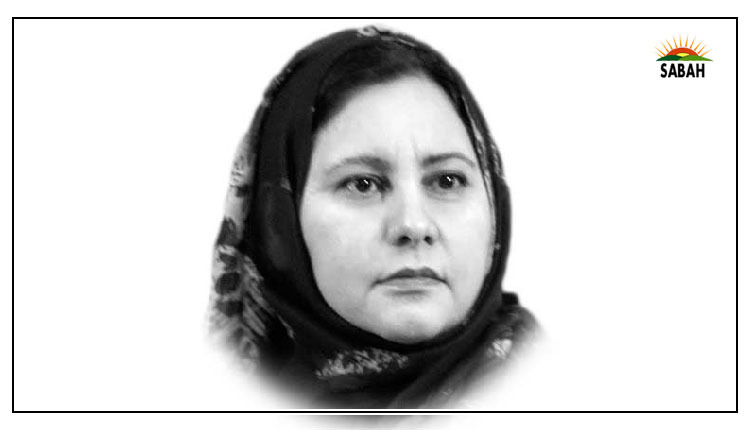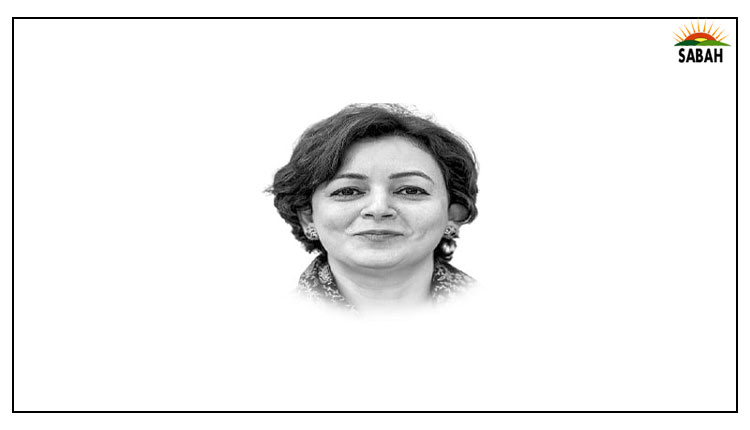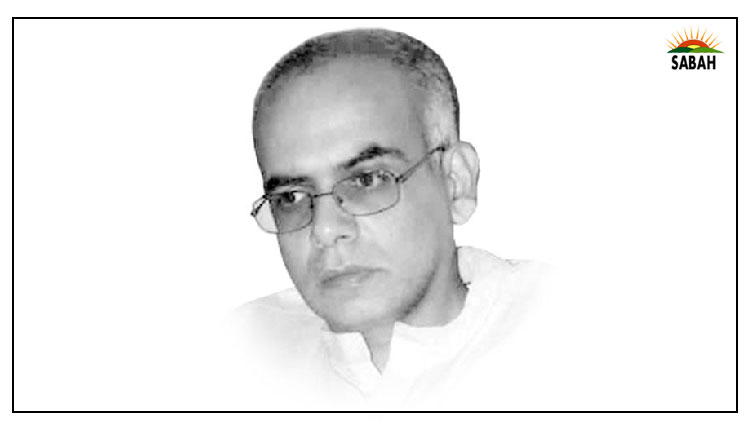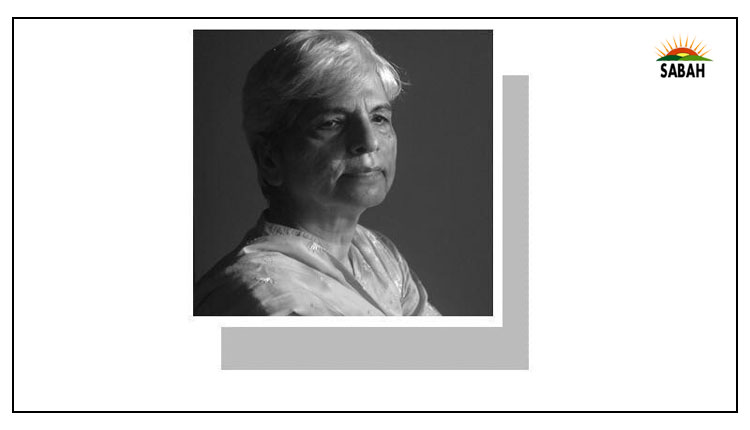Virality & vileness…..Muna Khan
IN a chapter from his 2005 book The World is Flat, Thomas Friedman outlined 10 flatteners which contributed to the flattening out of global economies. The fall of the Berlin Wall, for example, he says led to the demise of communism and the beginning of free-market economies. Workflow software allowed people to share work in real-time making remote work a possibility and how, during the pandemic! Netscapes web browser made access to knowledge accessible to cultures worldwide.
Im no fan of Friedman, certainly not of his pro-US, pro-Israel warmongering rhetoric, but I was reminded how this book made me aware of the impact technological transformations were having on the world. He wrote how China and India were taking advantage of the flatness (outsourcing of work, for example) while countries in sub-Saharan Africa and the Middle East were falling behind.
I was reminded about Friedmans definition of globalisation while watching the conversations around the viral video of a young TikToker, Ayesha, dancing at a friends wedding to a remix of Lata Mangeshkars Mera Dil Ye Pukare Aaja. I thought the discussions on social media illustrate both societys progress and regression.
Since it went viral a fortnight or so ago, there are reports that Ayesha has been offered endorsement deals worth crores of rupees but I was not able to independently verify this information. I believe them to be true because pawri girl Dananeer Mobeen successfully converted her social media fame to girl boss, earning endorsement deals and a career in acting. Weve all seen people recreate videos to yeh meri pawri ho rahi hai across the world.
Not everything on TikTok is vulgar or threatening security.
While we dont know what makes something go viral per se, were familiar with the trajectory that follows: the TV appearances coupled with copycat attempts of the said videos. Ayeshas dance has so far been emulated by social media influencers, Bollywood actors Madhuri Dixit and Katrina Kaif and the Tanzanian sibling duo Kili and Naeema Paul. The Masai farmer and his sister shot to fame last year with their lip-synch of Bollywood songs. I wont be surprised if the Norwegian hip hop dance group, Quick Style, who were recently in Pakistan, create their rendition of this song.
This is globalisation in action. Of course, it will cause anger and disdain because it upsets power structures, which are almost always set up to protect and preserve patriarchal norms.
Unsurprisingly, the usual moral brigade was furious. The voices amplified with calls to boycott Nida Yasir for inviting the obscene TikToker to her morning show. Ostensibly, they were angry about Yasirs normalisation of Ayeshas dance, as if her dancing could be turned into a call for others to rise and dance.
Ayeshas overnight rise to fame also upsets elite institutes no longer in charge of deciding who gets to be famous; no longer able to profit off people the way it used to. Its only natural that people are rubbishing social media influencers and calling for more merit-based systems. Except the system has been broken for a long time. As my colleagues reminded me, Justin Bieber was discovered on YouTube where he was posting his songs before his discovery in 2008. Beyonc released her fifth album, without warning, directly on iTunes in 2013, disrupting the supply chain in the music industry.
The modelling world, once known for discovering young women in everyday places like the grocers, the streets, has been disrupted by social media influencers who create their own following on platforms. Theyre not waiting for their discovery moment, they are creating it. They are working towards that virality and earning accolades, pushing boundaries, living their dreams and enjoying themselves.
They will not be browbeaten back into anyones definition of puritanism and patriotism. They will not wait to earn certifications or skills to qualify for jobs in industries that refuse to recognise the changes taking place in the media landscape.
TikTok remains the most downloaded app in Pakistan with at least 18.26 million users reported in the beginning of this year. Companies, especially news organisations, have to understand how audiences are consuming content and need to cater to new demographics accordingly. Not everything on TikTok is vulgar, or threatening peace and security.
When institutes are no longer the gatekeepers of their field, they will push back until they are forced to adapt, often to their disadvantage. While Pakistani talent will be celebrated around the world, it will be muzzled here out of some misguided sense to preserve some great culture. But, what if the great culture is stifling growth?
Friedman encountered this kind of resistance to change during his travels for The World is Flat. He asked nations to reflect on what they were driven by. Does your society have more memories than dreams or more dreams than memories?
The writer is currently researching newsroom culture in Pakistan.
Courtesy Dawn





